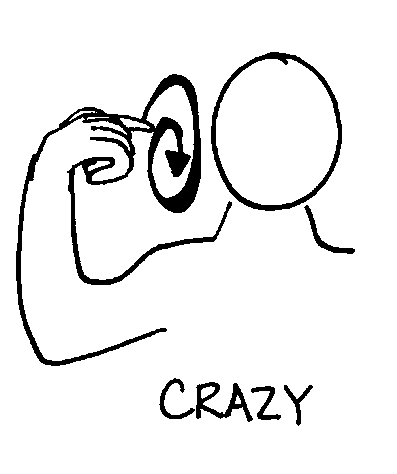Turning Off and Tuning In to Another Mass Shooting
 I found out the horrific mass shooting yesterday in Florida this morning, not because of the TV or the radio or the internet but because someone I happened to be with mentioned it.
I found out the horrific mass shooting yesterday in Florida this morning, not because of the TV or the radio or the internet but because someone I happened to be with mentioned it.
Word of mouth is how I’ve learned almost all of my news for the past two months. It’s been part of an experiment that has involved purposely turning off and tuning out the barrage of news and infotainment that I had eagerly welcomed for so long.
Before these last two months, my radio was on constantly. I was constantly reloading the New York Times website. I could sound informed and knew a little bit about a lot.
But I was also getting numb to it all. Information overload can increase stress and make it hard to absorb anything at all. And so while it’s important to me to be engaged in the world beyond my nose and take action where I can, it’s also been important to see what happens when I turn everything off for awhile. If I’m not distracting myself with the news or really entertaining podcasts, where does my mind go? If I’m not hearing about everything that’s truly terrible in the world, what does that do for my ability to feel and act calm?
We need to notice the impact that news has on our spirits and sense of well-being. We need to try to be mindful as we figure out the right ways and times to be present with the world around us. That’s what I’m working on.
Please join me in adding your name to the Brady Campaign to End Gun Violence’s petition for stronger gun control.




